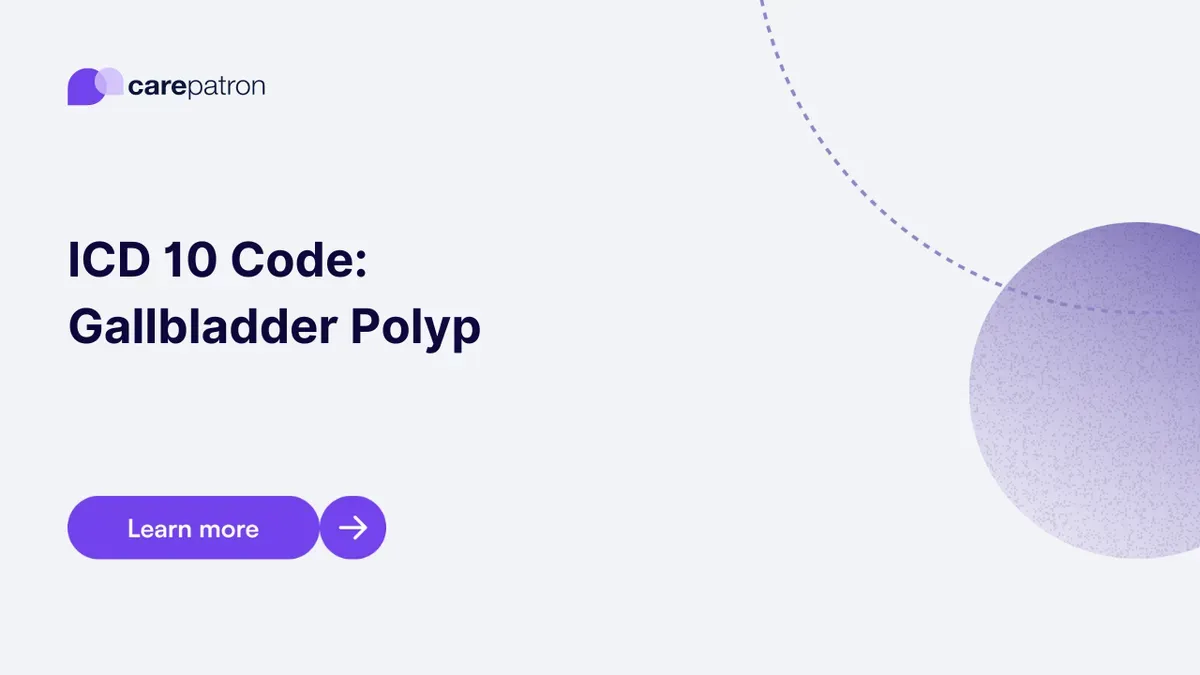
Gallbladder Polyp ICD-10-CM Codes | 2023
Discover the essential ICD-10 codes for Gallbladder Polyp diagnosis and management. Stay updated with the latest coding guidelines for optimal patient care.
Use Code
Commonly asked questions
Use a Gallbladder Polyp ICD code when a patient has been diagnosed with a polyp in the gallbladder, confirmed through clinical evaluation and imaging studies.
Treatment may vary based on the size and type of the polyp. Small, benign polyps may not require treatment but regular monitoring. Larger or potentially malignant polyps may require surgical intervention.
A diagnosis code for Gallbladder Polyp indicates that the patient has a growth or lesion in the gallbladder, which has been identified through clinical and imaging studies.
EHR and practice management software
Get started for free
*No credit card required
Free
$0/usd
Unlimited clients
Telehealth
1GB of storage
Client portal text
Automated billing and online payments
